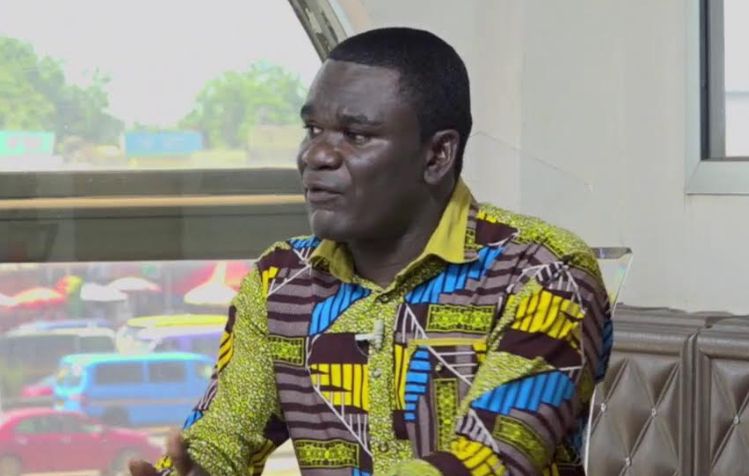The arrest and subsequent remand of Kwame Baffoe, also known as Abronye DC, the Bono Regional Chairman of the New Patriotic Party (NPP), has ignited a firestorm of controversy, with his legal counsel, Enoch Afoakwa, denouncing the proceedings as politically motivated persecution. Abronye DC was taken into custody earlier this week following allegations of making comments deemed likely to incite a breach of peace. While confined, he has reportedly launched a hunger strike, refusing both food and water provided by the authorities, citing a deep-seated mistrust stemming from his perceived unjust treatment.
Afoakwa vehemently contests the court’s decision to remand his client, arguing that the denial of bail constitutes a punitive measure rather than a procedural safeguard. He emphasizes that the court’s actions violate Section 96(4) of the Criminal Offences Procedure Act of 1960, which prohibits the use of bail as punishment. Furthermore, he asserts that the remand infringes upon Abronye DC’s fundamental rights as enshrined in Article 19 of the 1992 Constitution, which guarantees personal liberty and protection against arbitrary detention.
Despite the gravity of the situation, Abronye DC remains resolute and optimistic, according to his lawyer. He views his ordeal as a politically motivated attack orchestrated by the ruling National Democratic Congress (NDC) and firmly believes that his innocence will ultimately prevail, leading to the restoration of his freedom. His unwavering spirit in the face of adversity underscores his conviction that the charges against him are baseless and politically driven.
The lawyer’s assertion of political persecution casts a shadow over the proceedings, raising questions about the impartiality of the judicial process. This claim transforms the case from a simple legal matter into a potentially politically charged battle, with implications extending beyond the individual fate of Abronye DC. The allegations of politically motivated prosecution, if substantiated, could undermine public trust in the justice system and fuel further political tensions.
Abronye DC’s refusal to consume food and water provided by the authorities adds another layer of complexity to the situation. His mistrust underlines the strained relationship between the accused and the state, highlighting the potential for further deterioration of the situation. This hunger strike, while a drastic measure, underscores the depth of Abronye DC’s conviction regarding the injustice he perceives. It also serves as a stark reminder of the potential consequences of perceived political persecution.
The confluence of these factors – the allegations of inflammatory comments, the subsequent arrest and remand, the accusations of political motivation, and the hunger strike – creates a highly charged atmosphere. The unfolding events will undoubtedly be closely scrutinized by both legal observers and the public, as the case progresses and the validity of the charges, the fairness of the judicial process, and the political undertones are thoroughly examined. The outcome of this case could have significant implications for the political landscape and the future of freedom of expression in the country.


